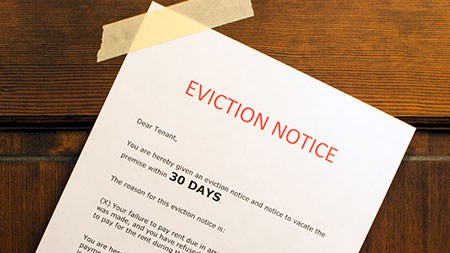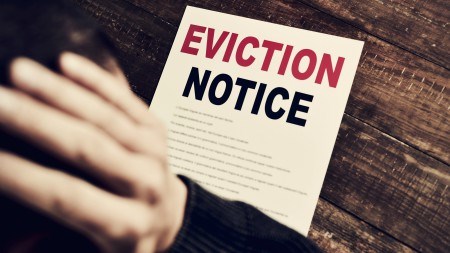People who occupy private property illegally are difficult to evict and this process will often take the landlord many months to do, causing great loss in earnings and time, says Michael Bauer, general manager of property management company IHFM. He advises landlords, particularly those who manage their properties themselves, to be very careful of who they choose to occupy their premises or give keys to.
He drew attention to a case in the media recently which is being handled by Gunstons Attorneys, which has a complicated history to it. In this case a borrower owed R1-million which his father had signed surety for, and put up a sectional title apartment as collateral.
Both the borrower and the father defaulted on the debt repayment and processes were set in motion to transfer the property to the lender, who wanted to sell the apartment. The problem here was that the father’s furniture and other belongings were still in the apartment and this held up the sale.
He was given two months to remove his belongings and was offered a chance to buy back the property. The locks were changed on the front door and keys were given to the body corporate to keep and somehow the father managed to convince the chairlady to let him into the apartment – he then illegally moved into the apartment.
Although a warrant had been issued as the father is occupying the apartment illegally, this has to wait in a line of criminal issues to be dealt with by the police and if, as in this case, the property is in a crime-ridden area, the police with deal with the more important cases first and this could take months.
To avoid this sort of situation, said Bauer, it’s important, if buying a property, that it states in the sale agreement that the property must be vacant – this would protect the buyer as the Deed of Sale would then become void (as this is seen as a condition of the agreement being fulfilled).
Landlords who find themselves in similar predicaments must act quickly, as the longer they wait to start the process of eviction, the more damage could be done to the property and the more difficult it becomes to get rid of the illegal occupant. What the landlord must not do is try to handle things himself by changing locks while the occupant is not there or try to enter the premises without permission, as this is seen as trespassing and counts against him, even though he is trying to regain possession of his own goods, said Bauer.




